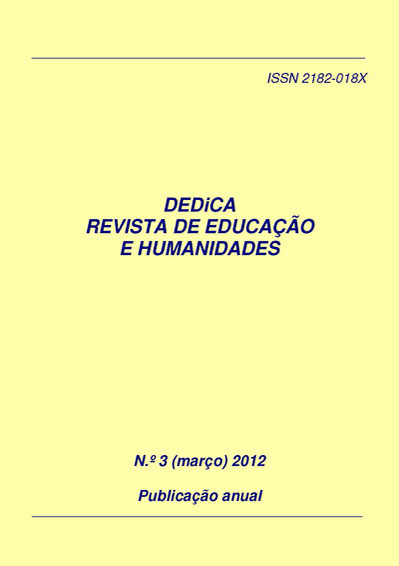Music and traditions of Thrace (Greece): a trans-cultural teaching tool
Main Article Content
Abstract
The geopolitical location as well as the historical itinerary of Greece into time turned the country into a meeting place of the European, the Northern African and the Middle-Eastern cultures. Fables, beliefs and religious ceremonies, linguistic elements, traditional dances and music of different regions of Hellenic space testify this cultural convergence. One of these regions is Thrace. The aim of this paper is firstly, to deal with the music and the dances of Thrace and to highlight through them both the Balkan and the middle-eastern influence. Secondly, through a listing of music lessons that we have realized over the last years, in schools and universities of modern Thrace, we are going to prove if music is or not a useful communication tool – an international language – for pupils and students in Thrace. Finally, we will study the influence of these different “traditions” on pupils and students’ behavior.



